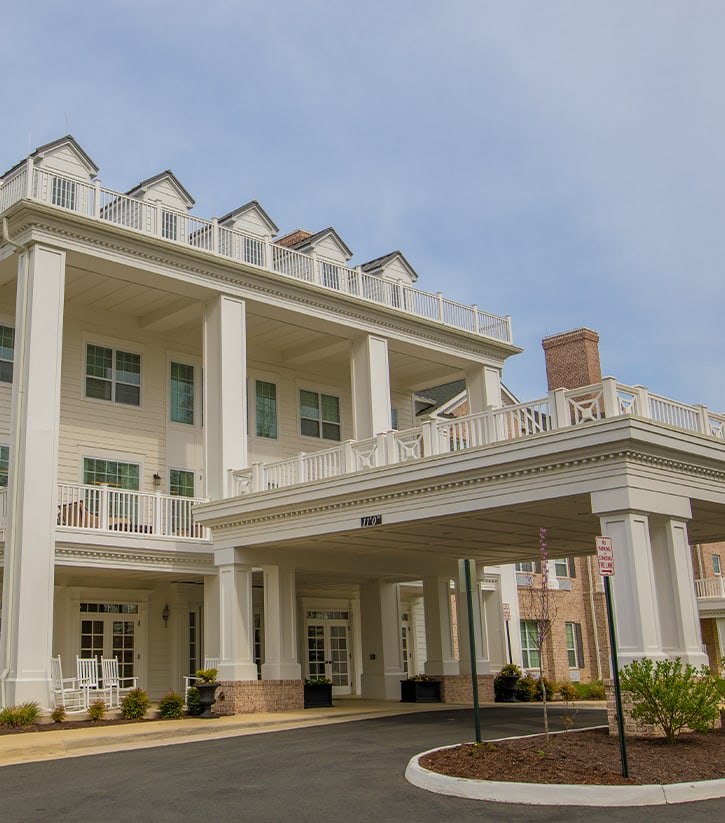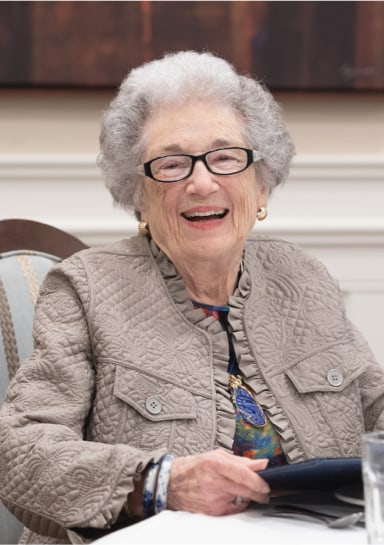Aging is a natural part of life, but it’s often misunderstood. Many people hold onto outdated ideas about what it means to grow older, but this often leads to stereotypes that don’t reflect reality. These myths can create unnecessary worry for those navigating the aging process.
The truth is, while aging does bring changes, small shifts in your approach can help you live the life you deserve. By learning the truth behind these stereotypes, you can shift your perspective on healthy aging and see that small adjustments can make a big difference.
Myth: Aging Means Losing Independence
Many people believe that aging automatically leads to a loss of independence. While it’s true that some physical changes can occur, this doesn’t mean you lose your autonomy.
Truth: Independence Can Be Maintained with Healthy Habits
Independence is supported through your daily habits. Choosing a balanced diet, staying active, and prioritizing regular checkups all contribute to mobility and energy.
Many people also find support through their communities. Senior living environments, local programs, and family involvement are valuable here. They can provide resources that help adults keep control over their routines and decisions.
Myth: Aging Causes Significant Cognitive Decline
Some mild cognitive shifts are normal with age, like occasionally misplacing keys. But the idea that older adults all face serious memory loss is a stereotype that doesn’t reflect reality.
Truth: Mental Agility Can Be Preserved
The brain is like a muscle. This means that cognitive health can be maintained with the right approach. Many seniors keep their minds sharp by:
- Staying socially active through community events or group activities
- Engaging in puzzles, reading, or other brain-stimulating hobbies
- Maintaining regular physical activity to promote brain health
- Following a balanced diet rich in nutrients that support cognitive function
These steps keep the brain healthier, which is key to slowing—or preventing—cognitive decline.
Myth: Aging Causes Loneliness and Social Withdrawal
Some believe that aging leads to isolation, but this isn’t a universal truth. While certain life changes can make socializing harder, loneliness is not an inevitable part of aging.
Truth: Social Connections Can Be Fostered at Any Age
Older adults can easily build and maintain their relationships. It helps to:
- Join clubs or participate in senior living community events.
- Engage in online forums to connect with others who share your interests.
- Volunteer to give back while meeting new people.
- Take classes to learn something new and meet like-minded individuals.
- Stay in touch with family and friends through regular calls or visits.
By staying socially active, you can enrich your life and maintain a strong sense of connection.
Myth: Aging Causes Reduced Strength and Mobility
Muscle changes are natural as we age. This is sometimes called sarcopenia, the age-related loss of general muscle mass over the years. This can be made worse by other underlying conditions, but fortunately, it can also be prevented.
Truth: Physical Activity Helps Maintain Strength
Movement is one of the best ways to support strength and prevent decline. Low-impact activities help keep muscles, joints, and balance in good shape.
Some safe and effective activities for older adults include:
- Yoga classes that build balance and flexibility
- Resistance training using light weights or bands
- Walking routines that support heart and joint health
- Swimming or water aerobics to reduce impact on joints
- Balance exercises to lower the risk of falls
These activities not only support mobility exercises but also improve mood and overall health.

Myth: Seniors Are Resistant to Change
The idea that older adults are “set in their ways” is outdated. In reality, many seniors embrace change and adapt to new experiences.
Truth: Older Adults Are Adaptable
Life experience often brings resilience. Seniors have already lived through social and technological revolutions—and adjusted to each one along the way. Many continue to adopt new tools, routines, and perspectives, which proves that adaptability doesn’t fade with age.
Myth: Older Adults Stop Learning
Some people think that learning stops with age, but this couldn’t be further from the truth. Many seniors actively pursue new knowledge and skills. It’s all about finding your interests and trying to learn more about them.
Truth: Lifelong Learning Is Common
Lifelong learning brings purpose and energy to daily life. Seniors can actively pursue growth in different ways. Some popular options include:
- Taking up new hobbies such as painting or gardening
- Traveling to new destinations for fresh experiences
- Joining community programs to explore skills and classes
- Learning technology for seniors to stay connected
- Attending workshops or lectures to expand knowledge
These life experiences reinforce the fact that curiosity has no age limit.
Let Us Be Part of Your Aging Journey
Aging is unique for everyone, shaped by lifestyle, genetics, and environment. But what’s true for everyone is that the stereotypes don’t tell the whole story. Staying active, socially connected, and adaptable helps keep life rewarding at any stage.
At Ashleigh at Lansdowne, part of Retirement Unlimited, Incorporated (RUI), we believe in celebrating strengths while supporting individual needs. Through continuous learning with RUI University to active aging with peers with RUI Fit, and everything in between, our community is here to help you live the life you deserve, surrounded by people who care. Book a tour with our team today to see how you can thrive with us.













